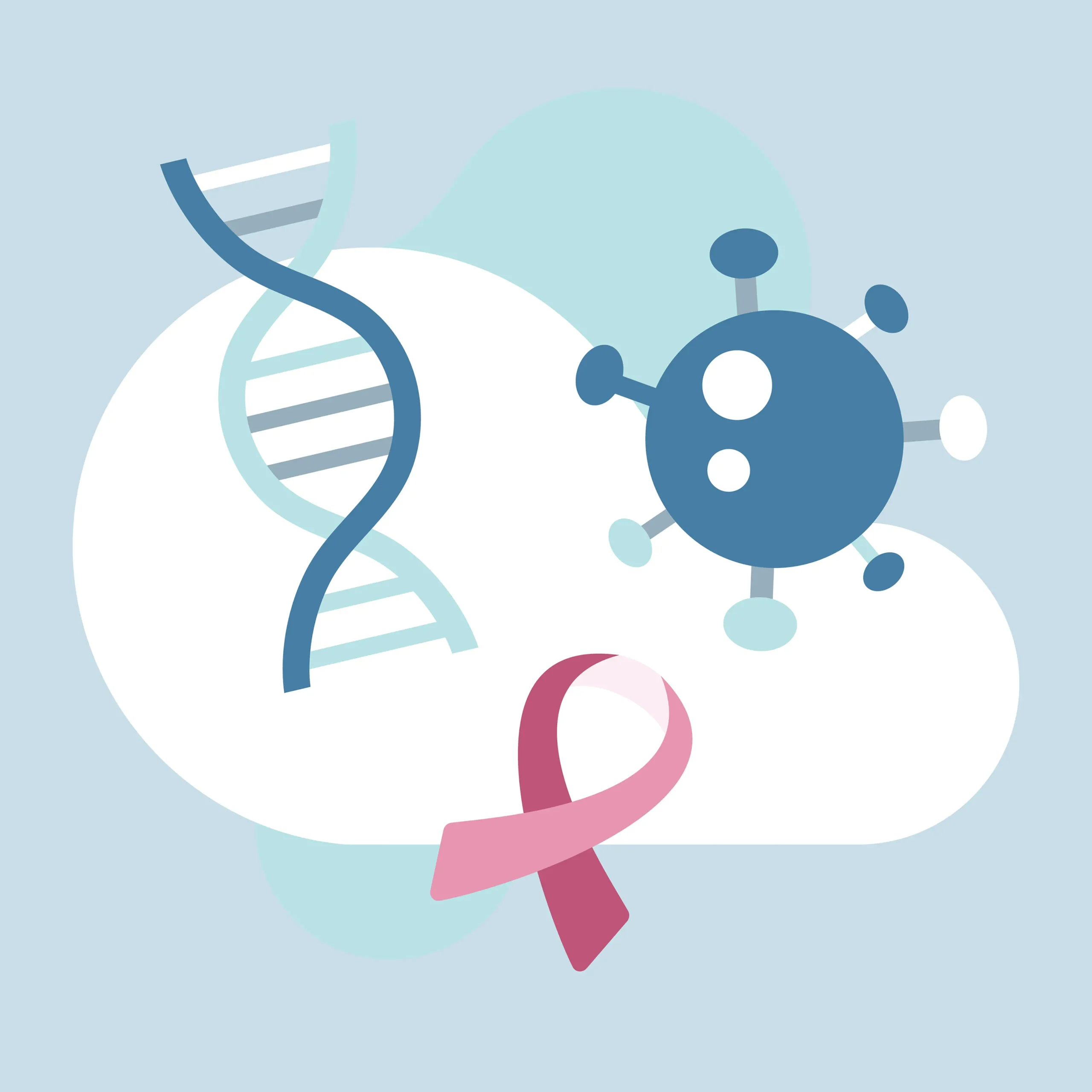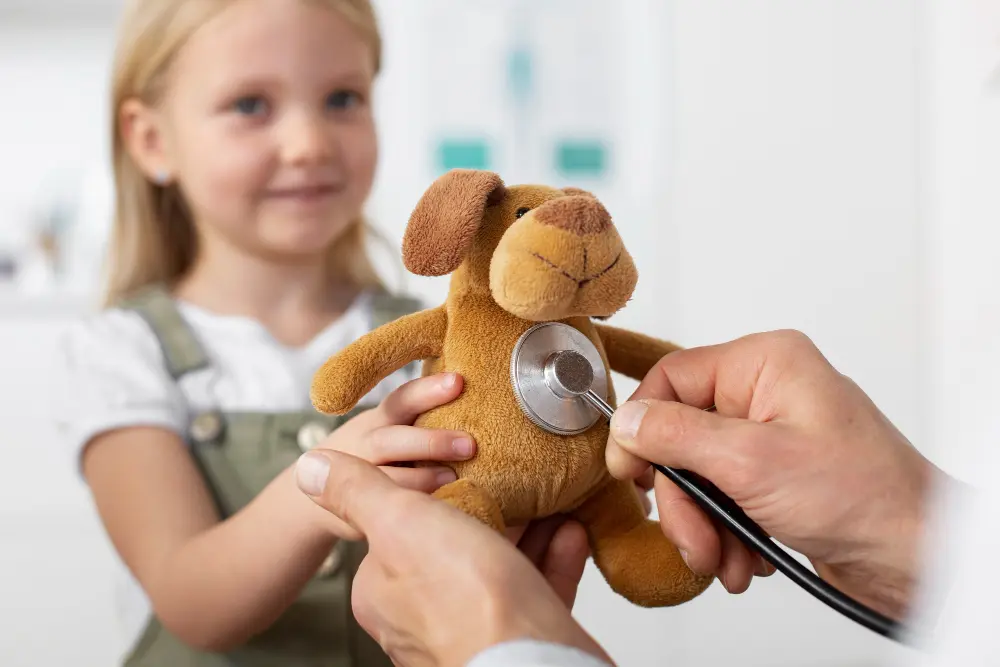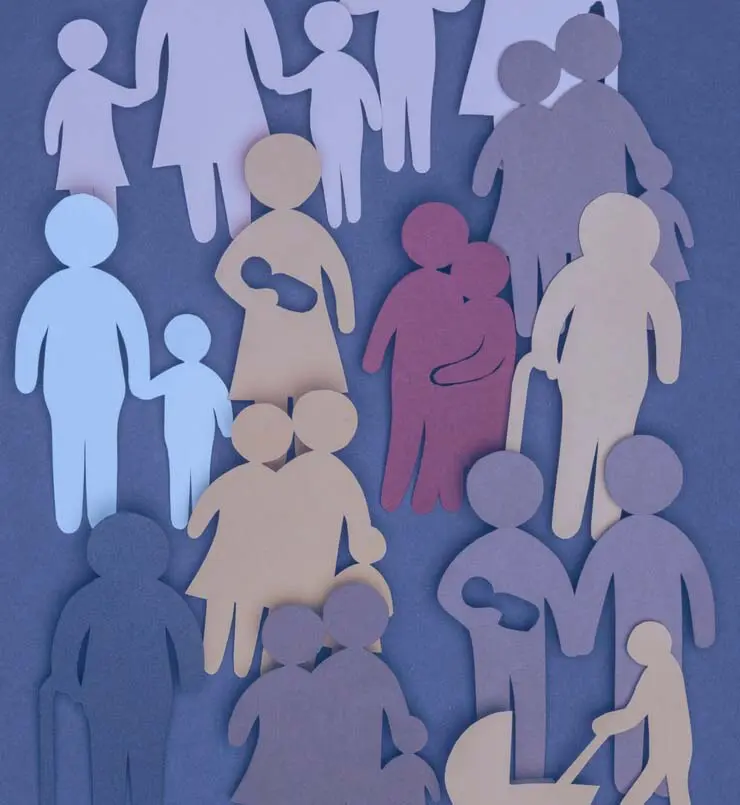Clinicians
Adoption

While Genome Sequencing (WGS) is a once in a lifetime test than can be offered to adopted individuals for diagnostic (unknown heritable disease) and/or predictive purposes (healthy genome)
Adults

- Family history of a rare condition
- Adopted individuals with unknown family history
- Early onset neurologic diseases (stroke, dementia, Parkinson’s)
- Vision loss, macular degeneration, retinal disease
- Joint pain, hypermobility, frequent dislocations, fractures
- Connective tissue disorders (Ehlers-Danlos syndrome, Marfan Syndrome)
- Hereditary hemorrhagic telangiectasia
- Pulmonary diseases: idiopathic pulmonary fibrosis, arterial hypertension
- Renal diseases: Proteinuria, chronic renal failure, polycystic kidney disease
- Liver diseases: Wilson’s disease, unknown etiology liver failure
- Skin conditions, unusual rash or eczema
- Maturity-onset diabetes of the young (MODY)
- Hypoglycemia and hyperinsulinemia
Cancer genetics

-
Family history of a known mutation in a cancer predisposition gene
-
Individuals of Ashkenazi Jewish or other ethnicity known to be at increased risk for cancer predisposition
-
Cancer at a young age less than 45-50 years
-
Multiple primary cancers in a single individual
-
Bilateral or multifocal cancers
-
Same type of cancer in close relatives (same side of a family)
-
Rare tumors (e.g. retinoblastoma, adrenocortical carcinoma)
-
Unusual cancer presentation
-
Uncommon tumor histology
-
Rare cancers known to be associated with genetic syndromes
-
Breast, ovarian, fallopian tube, or primary peritoneal cancer
-
Uterine cancer
-
Thyroid cancer
-
Pancreatic cancer
-
Prostate cancer
-
Bone cancer
Cardiovascular genetics

-
Family history of a cardiac condition
-
Cardiomyopathy and heart failure
-
Thoracic aortic aneurysm with or without dissection
-
Other unusual aneurysms
-
Arrhythmias
-
Cardiac arrest
-
Sudden death survivors or positive family history
-
Dyslipidemia or familial hyperlipidemia
-
Coronary Artery Disease
Children

- Tall stature
- Short stature
- Skeletal problems
- Recurrent fractures
- Failure to thrive
- Obesity
- Birth defects
- Congenital heart defects
- Seizures
- Recurrent infections or fever
- Hearing and/or vision loss
- Café au lait spots
- Skin problems
- Teeth problems
- Hair and nail problems
- Family history of a rare condition
Unknown etiology conditions

-
Connective tissue disorders or Chronic Fatigue Syndrome (CFS) are complex illnesses that affect many people and can cause fatigue, musculoskeletal pain, sleep disturbances, headaches, and impaired concentration and short-term memory
-
Fibromuscular Dysplasia (FMD)A condition with unknown etiology
-
Chronic kidney disease (CKD) of unknown etiologyA global public health problem that may be caused by genetic factors, syndromes, infections, medications, or heavy metals
Unknown family history

People may not have access to their family history information for many reasons, including adoption, immigration, estrangement, or small families. However, there are ways to be proactive about health even without a complete family history.
Talk to family
Identifying cancer or rare condition in a family tree can be a good indicator of health risks.
After ancestry or other genetic testing directly to consumer
Ancestry and direct to consumer (DTC) genetic testing are widely available cand an link people to relatives and reveal unknown health issues. A formal medical genetic evaluation can offer a comprehensive answer and a personalized management plan.
Genetic counseling
Knowing family history can help determine if someone should speak with a medical geneticist physician.
Health assessments
Ongoing health assessments and screening can help people be proactive about their health.
